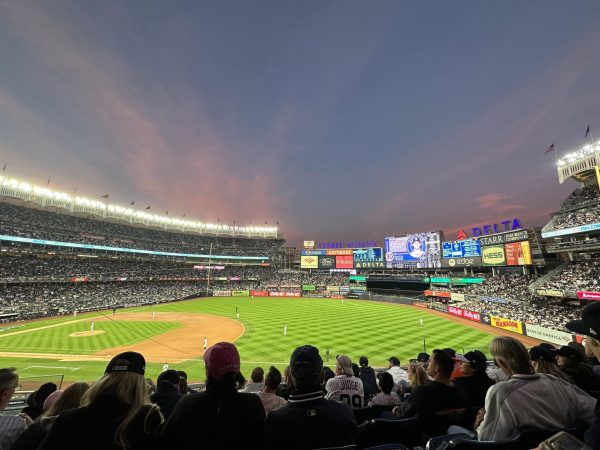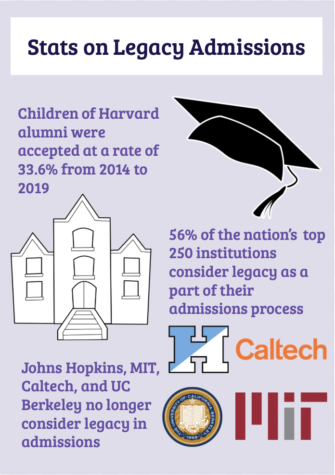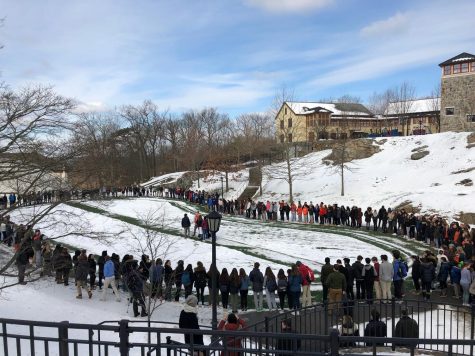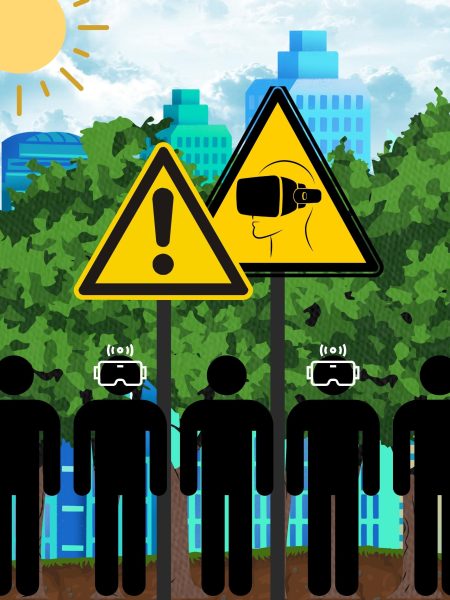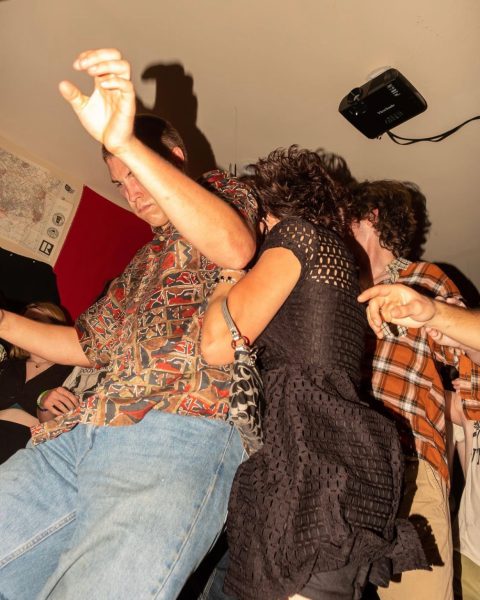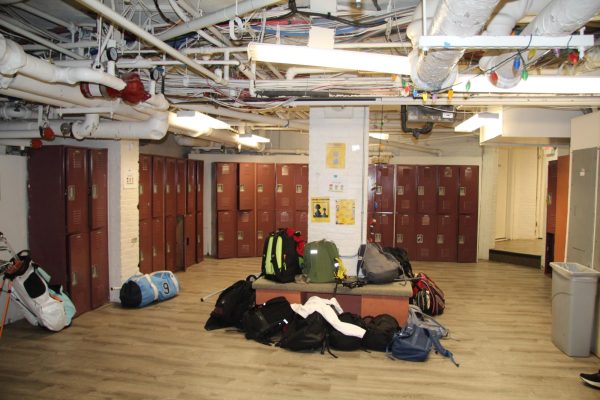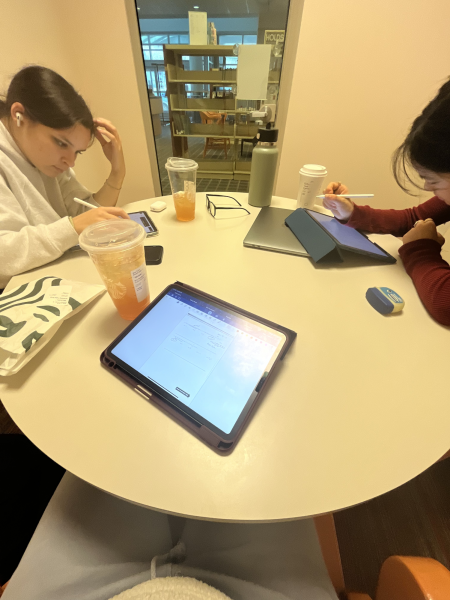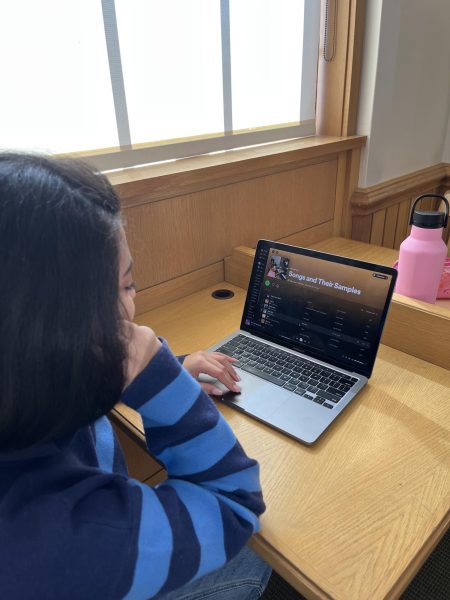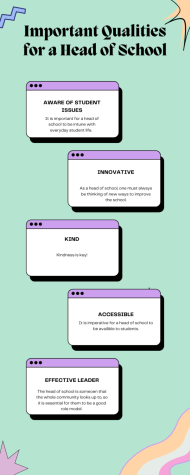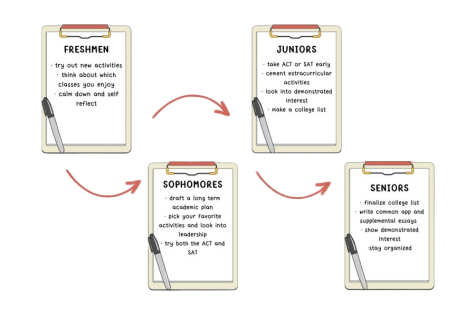Moving Forward with Martin Luther King Days
In the eyes of a five-year-old, Martin Luther King Day is a day that works to promote peace and unity. To a sixteen-year-old, that day has even more significance. MLK Day should be a day to talk more candidly about the struggle for social justice in the Civil Rights era, without any whitewashing of his legacy. On the Hilltop in recent years, particularly in the Upper School, we have done a disservice to both Martin Luther King Jr., and ourselves through our inadequate memorializing of his impact.
During the winter of 2019, my freshman year, this MLK day would become the most egregious school-sponsored celebration in recent memory. Hackley, who I would like to believe was well-intentioned, brought in an outside performance group in order to showcase the more religious elements of Martin Luther King’s “Letter from Birmingham Jail.” Unfortunately, well-intentions ran short during this performance as all students (regardless of race) were instructed to use the N-word as a facet of the performance. We, as a community, have largely agreed on the standard that the n-word is not appropriate within school settings, as over the years it has been replaced with “ninja,” awkward pauses, or “the n-word.”
And yet at this event, there was no replacement and no acknowledgment of the use of the word after the assembly. Students were left with no closure and several questions about whether or not what they witnessed or potentially participated in was okay. Students of color were left doubting whether or not they could truly feel hurt by the presentation because it was in fact well-intentioned but poorly executed. But whatever the circumstances, this was a blatant use of a racial slur in a highly inappropriate context.
You can always tell the true judgment of those in power by their reaction following problematic incidents. After this misguided memorialization, it was critical that the event be addressed and that those in charge take responsibility for their mistakes in order to set a precedent for the future. Did Hackley put the use of a slur out in the light and choose to declare a stance on intolerance? No they did not. In honor of MLK Day, we swept it under the rug. Now that day will live in people’s memory as an assembly that was “uncomfortable” and “mortifying”.
My sophomore year’s MLK Day in 2020 was definitely an improvement from the previous year, as the only bar which had to be met was not having students chant a racial slur. After the previous year’s blunder, the school chose a much more conservative presentation centered on community service. The issue with this was that it felt as though it was a community service presentation footnoted with the fact that it happened to be MLK Day, and that MLK only stood for service to the community rather than all his other critical beliefs such *insert them here. This presentation captured the essence of MLK in the loosest way possible.
The presentation truly didn’t do any harm, but is that all we want? To make a neutral presentation on a day that we use in order to memorialize a man who was anything but neutral. Martin Luther King may have encouraged peaceful protests, but his form of community service was protesting against the law from the beginning. He pushed back against our government’s actions during the Vietnam War. At his peak in 1966 two-thirds of Americans held unfavorable opinions toward him. Highlighting community service initiatives, while an important topic, is not an appropriate way to honor MLK. The community service presentation was a surface method of honoring a critical historical figure. Glaring shortcomings of this method of celebration demonstrate that it only serves to paint an accurate picture of MLK digestible for a middle school-aged student who has been spoon-fed a whitewashed version of black history.
This year’s MLK day was, again a surface-level mashup of prior singalongs with a montage of students holding big ideas about words like peace and justice. Students’ activism was being held up during this year’s celebration as a reflection of what the school was doing in order to honor MLK. This celebration served in order to appease the idea of MLK Day. It did not challenge or create change.
Hackley can do better than this. The purpose of this article is not to condemn the school for what has been done in the past; that is easy. This should not be used as an opportunity to divert responsibility into the hands of students, but an opportunity for collaboration between students who are making the difficult demand for better MLK Days because they are running out of MLK Days on the hilltop. The day should consist of thoughtful conversation that inspires introspection on the part of students and faculty. This could be through topics that range from the applications of the effects of the civil rights movement on modern legislation to media representations of POC or learning about international civil rights activists. There are many avenues to take the day in that can still feature the themes of unity and togetherness, while simultaneously honoring and extending the legacy of Martin Luther King Jr.
MLK, at the very least, stood against the idea that the difficulty of a task should determine whether or not the task gets done. The idea that a struggle should not halt the need for true justice in America. In the Upper School, we can utilize MLK Day as an annual and much-needed reminder that we need to have challenging conversations about difficult topics such as race or our grander ideals like peace and justice. What do peace and justice really mean?
Martin Luther King once said, “A shallow understanding from people of goodwill is more frustrating than absolute misunderstanding from people of ill will.” We will undercut our growth a frustrating amount to the level of a kindergartener by not applying these words and ourselves further. We have to use these baseline positive ideas and quotes in order to go beyond the surface and think more, discuss our past with nuance, decipher the present, and plan for the future with the message of growth in mind. In the essence of Martin Luther King Jr., we have to hope for a future that we cannot presently see but have a crucial role in shaping.

